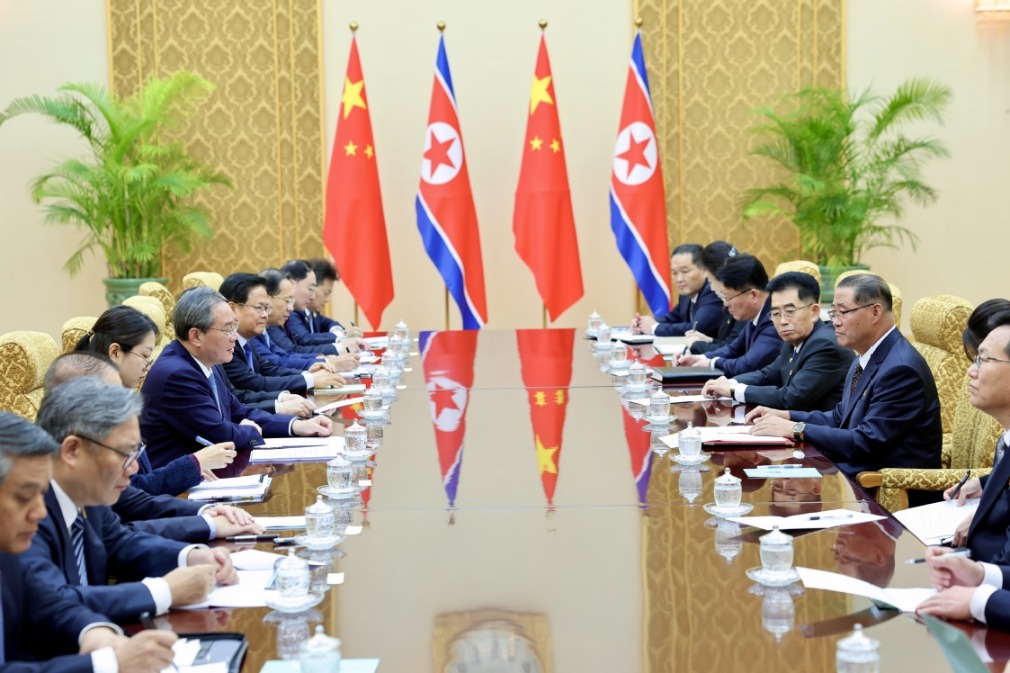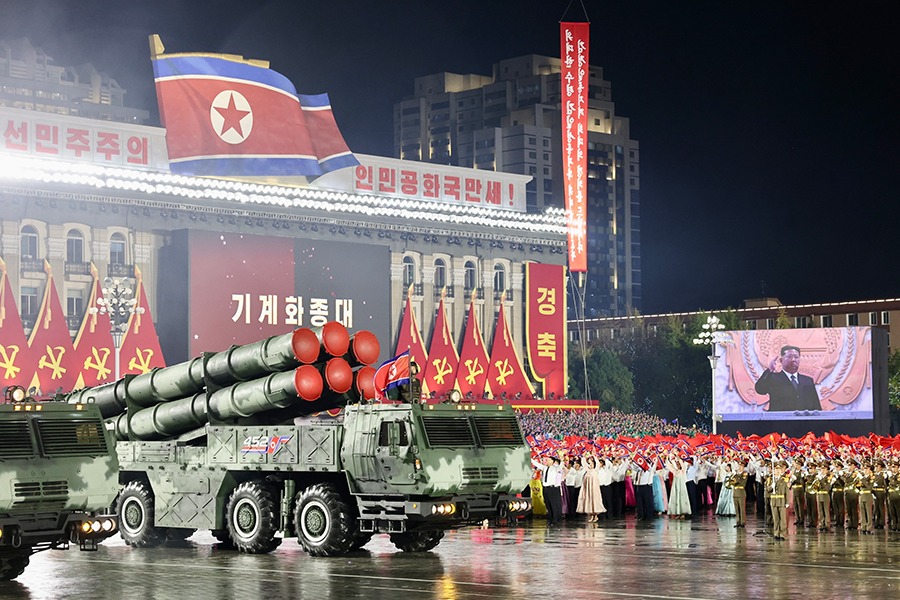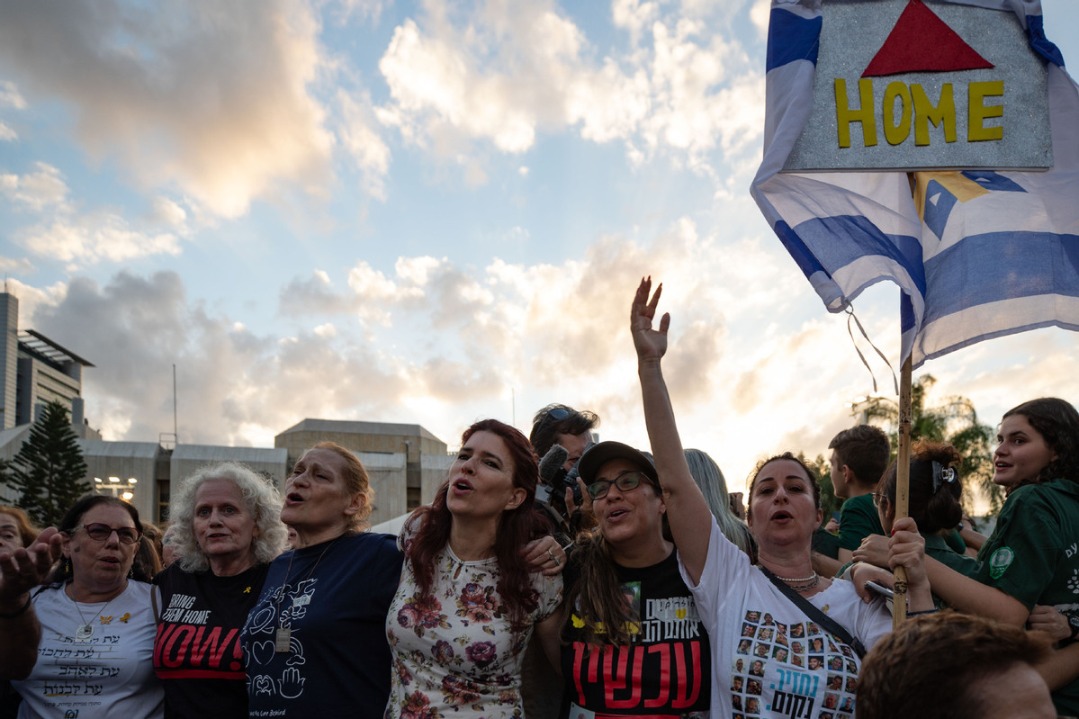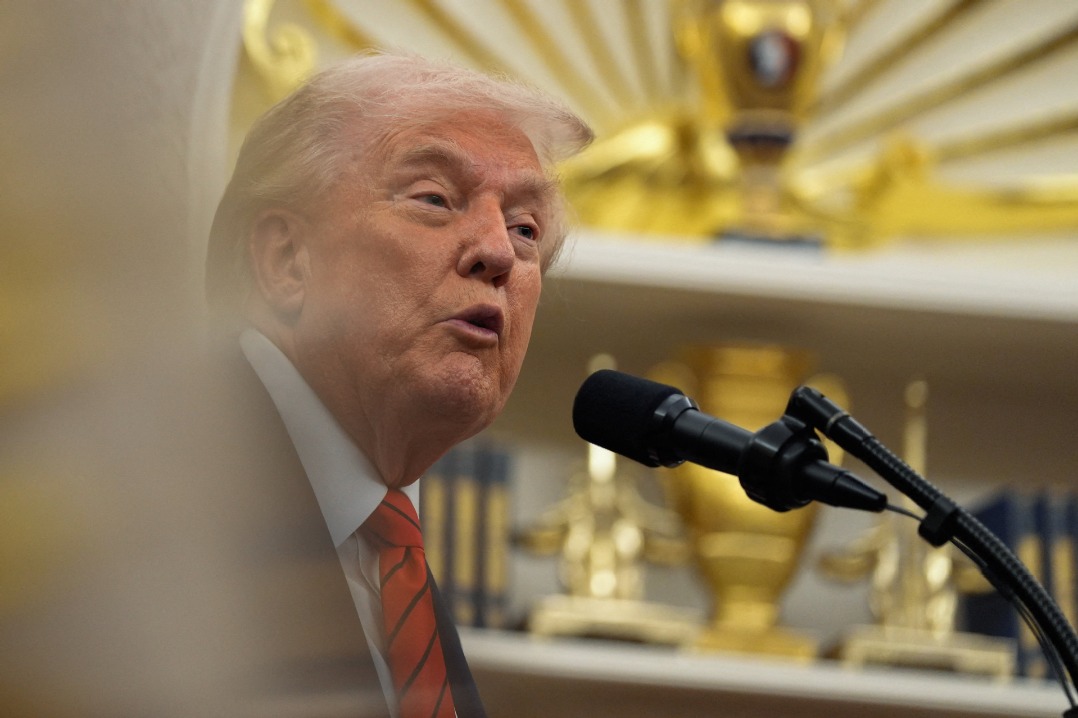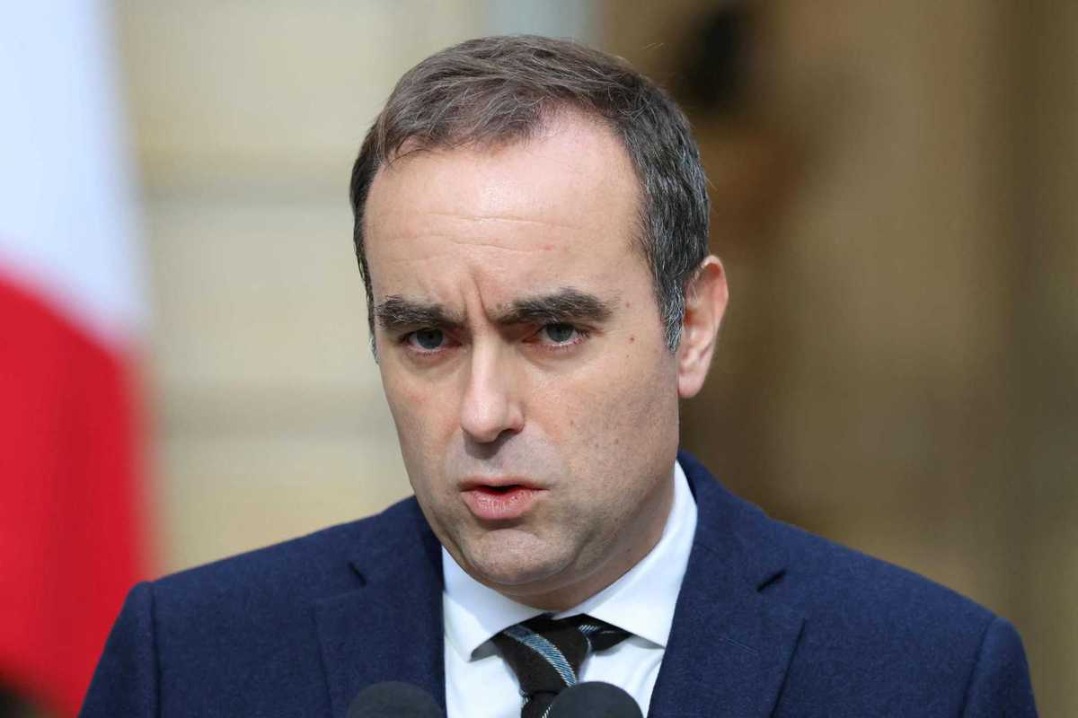Why BLM could get rid of more than statues

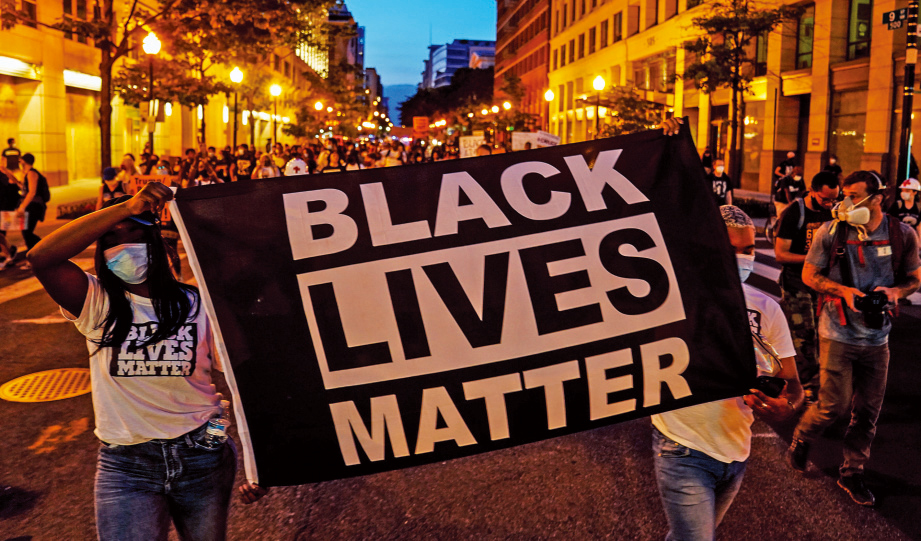
The toppling of a few statues seems a small price to pay for greater equality in multi-ethnic societies.
The police killing of George Floyd in the United States has spurred worldwide protests that targeted monuments deemed to glorify colonialism and exploitation.
The "Black Lives Matter" demonstrations erupted not only in the US, which fought a civil war over slavery, but also in former imperial powers such as the United Kingdom, France, Belgium, and beyond.
The focus on symbols such as statues belongs to a long tradition of iconoclasm dating back at least as far as pharoahonic Egypt, in which new generations attempt to overturn the status quo by breaking the images of those who came before.
The response from authorities in the US and elsewhere has ranged from the tolerant to the hostile, as tens of thousands from all ethnic backgrounds defied COVID-19 pandemic restrictions to take to the streets to make their point.
While President Donald Trump led the US response by threatening to send in the military to break up protests in Washington, the city's African-American mayor renamed the area in front of the White House as Black Lives Matter Plaza.
In Belgium, authorities in Antwerp removed a paint-spattered statue of the 19th century King Leopold, who brutally exploited the territory then known as the Congo as a personal fiefdom. There were no plans to reinstall it, as a petition grew to remove other statues of the monarch across the country.
Protests in the US reflected widespread anger that, more than 50 years after a civil rights act outlawed discrimination, the country's black population still suffers disproportionally from police violence, incarceration and economic deprivation.
Statues toppled there included those of pro-slavery civil war Confederate leaders and the explorer Christopher Columbus.
In Europe, where ethnic minorities too often find themselves at the bottom of the economic heap as a consequence of enduring prejudice, there were demands that societies should confront their colonial pasts as a first step toward a fairer society.
In the UK, protests coincided with a study indicating that the country's black, Asian and other minorities were 50 percent more likely to die of the novel coronavirus. That was, in part, because they were more likely to live in deprived and overcrowded households in the cities and have jobs that exposed them to higher risk.
There and elsewhere, the protests sparked reactions from far-right groups who showed they were more disposed toward defending the images of dead white men than defending the rights of their nonwhite compatriots.
In the UK, these groups have tried to exploit assaults on the statues of national figures such as wartime leader Winston Churchill and Robert Baden-Powell, the founder of the Scout movement, to denounce the equality demonstrations as somehow unpatriotic.
If the achievements of the "Black Lives Matters" protests are limited to rearranging a bit of street furniture, they will have failed to bring any fundamental change.
Authorities in a number of countries might be happy to discuss the fate of this or that contentious monument, without addressing the fundamental causes of continuing discrimination.
Some governments will be happy to push the problem down the road. UK Prime Minister Boris Johnson, who initially struck an uncompromising note by condemning the assault on the statue of a 17th century slave trader as a "criminal act", subsequently announced an official commission to examine racial discrimination.
Cynics would suggest that avoiding difficult issues by establishing a commission is a classic ploy in British politics. The opposition Labour Party's justice spokesman, David Lammy, noted there had been several reviews into racism in recent years. What was needed, said Lammy, the son of black Guyanese immigrants, was not more figures and data but, rather, action.
In France, which has a poor record for deaths in police custody, the government of President Emmanuel Macron had a more immediate, practical response, banning the use of the so-called choke hold that caused George Floyd's death.
That prompted complaints from the police unions who staged their own protest behind the banner: "No police, no peace".
The concern of activists is that, as the current protests inevitably wane, so will the impetus for government to take meaningful action to end inequality based on ethnicity.
The protests have not been confined to only minority ethnic communities but have been embraced by all groups.
At a time when the poorest minorities in society face paying the highest price as economies struggle to recover from the COVID-19 pandemic, it could be the occasion for political leaders to pay more than lip service to the concept of reform.
Harvey Morris is a senior media consultant for China Daily UK.
















